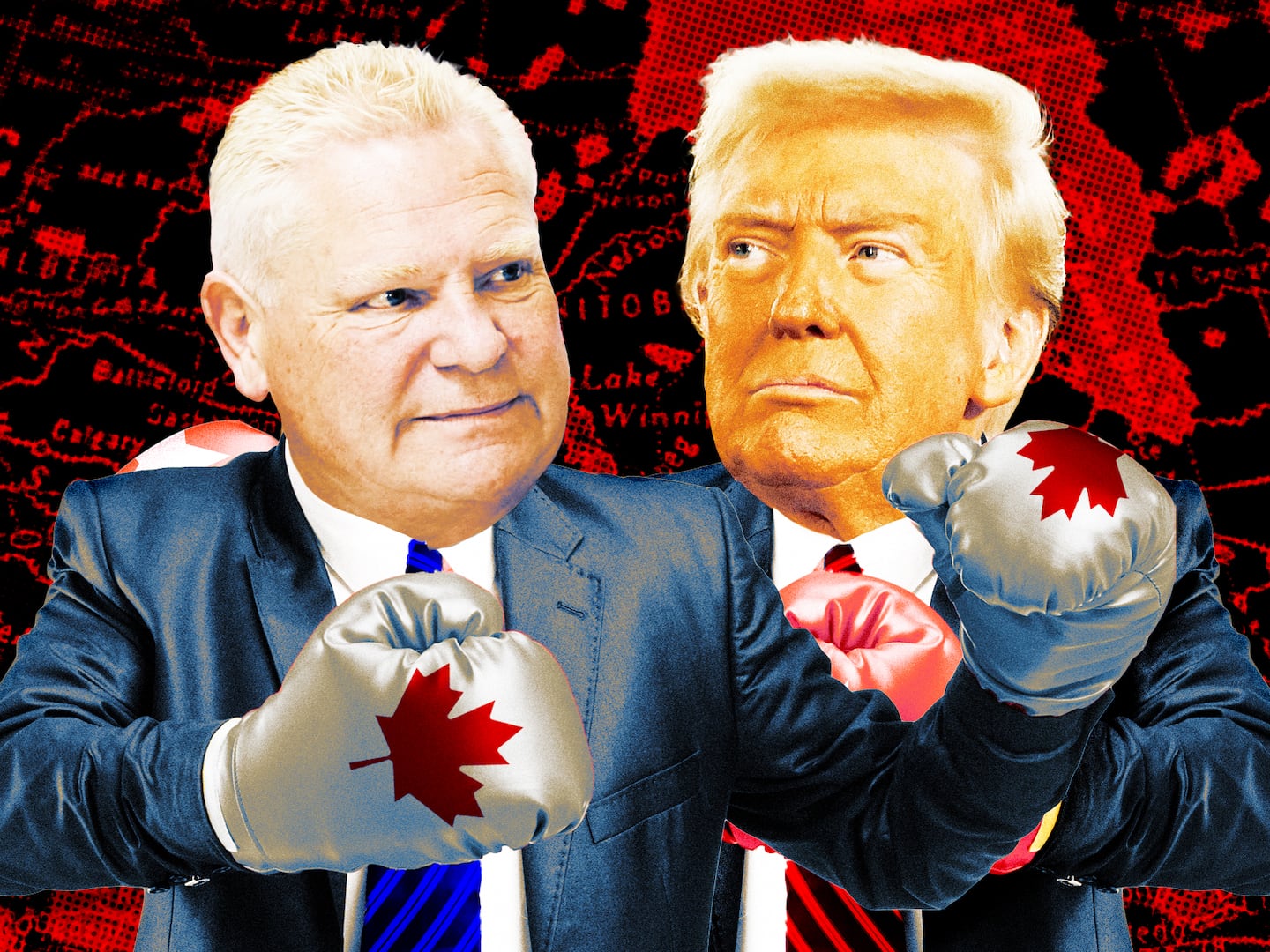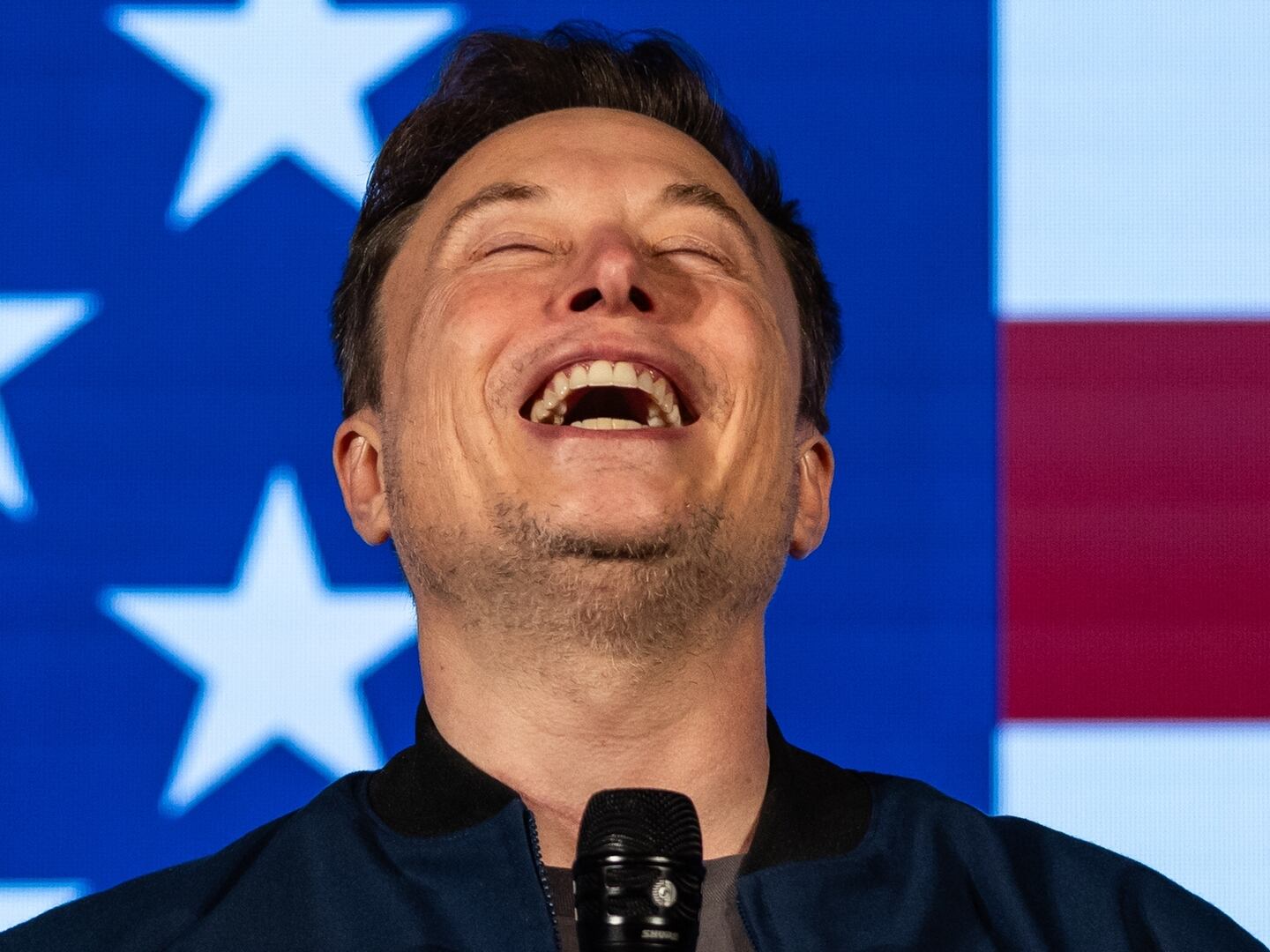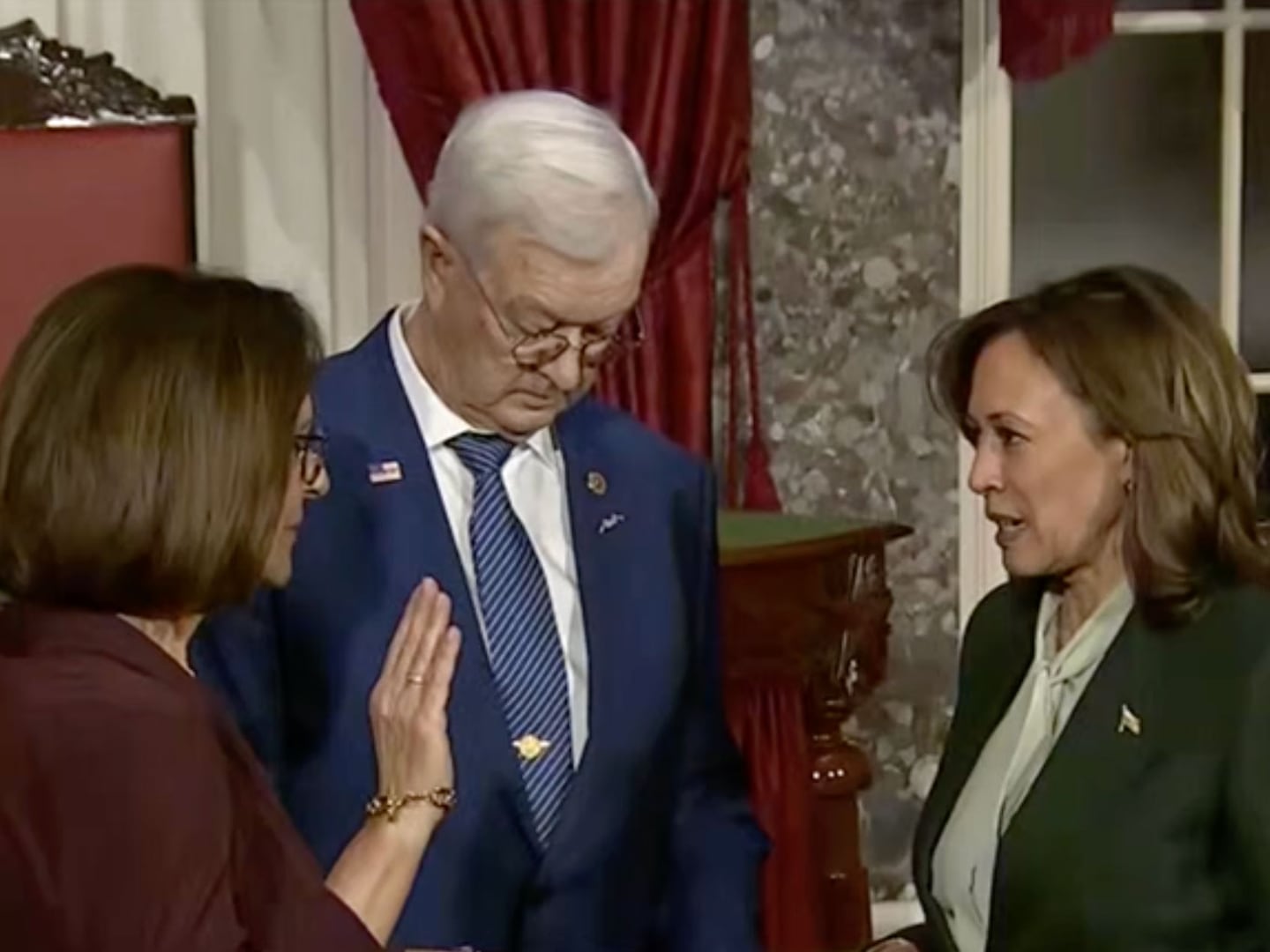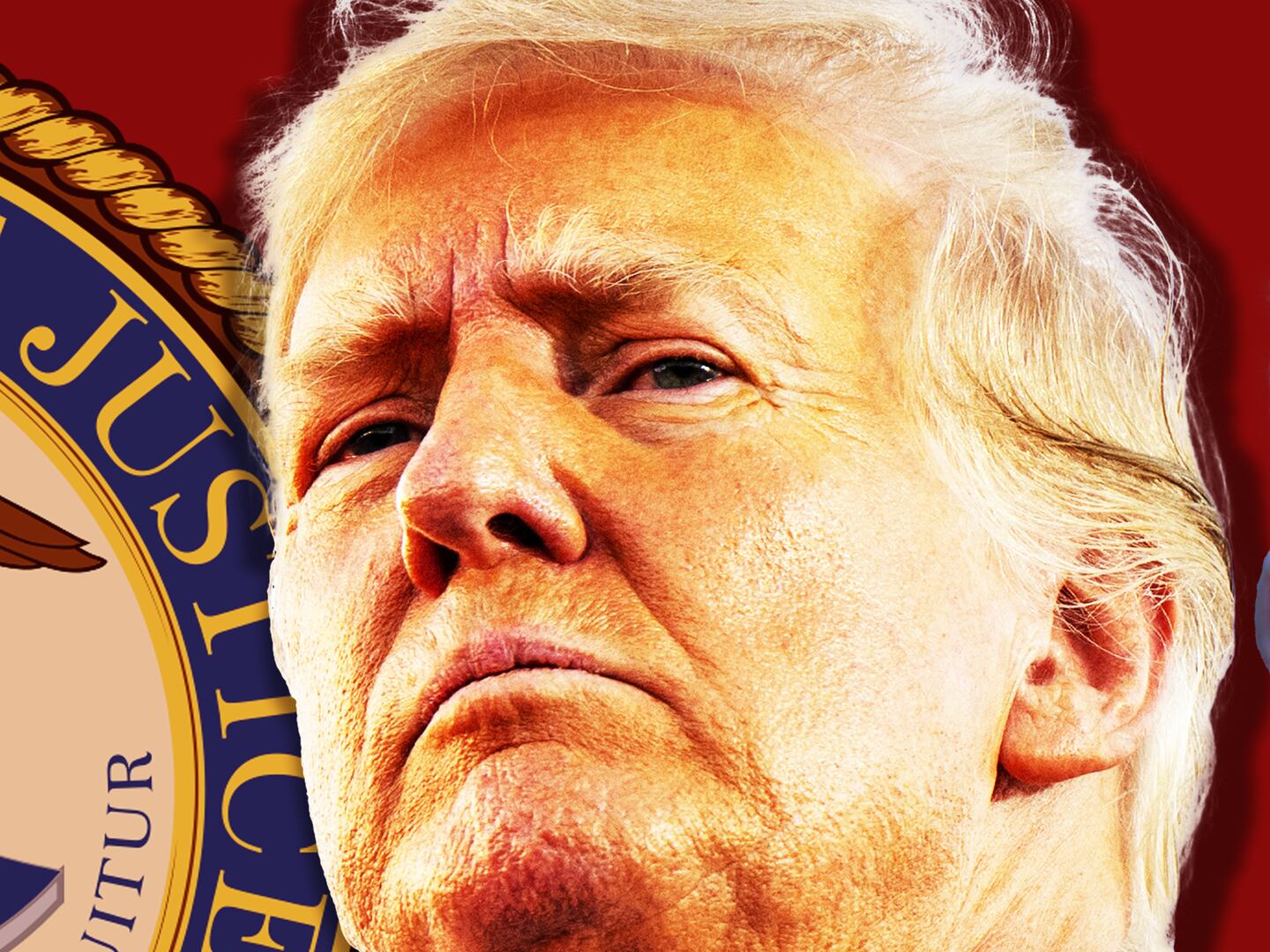Entertainment
Paras Griffin/Getty
Jennifer Holliday Pulls Out of Trump Inauguration, Apologizes to LGBT Community
WE ALL GOT PAIN
After reading the following piece, Tony-winning gay icon Jennifer Holliday pulled out of Trump’s inauguration.

Trending Now




